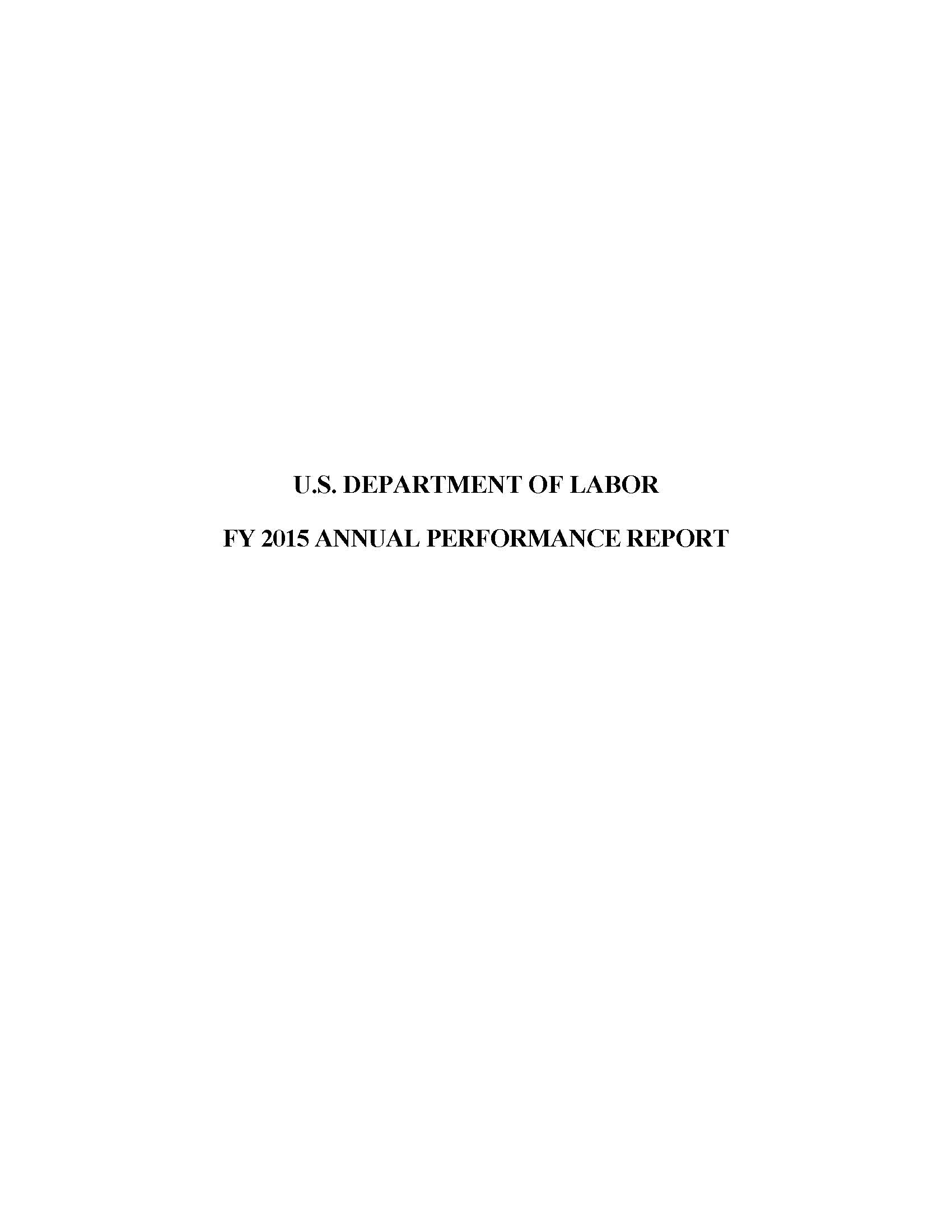- Home
- Agencies
- Department of Agriculture
- Department of Housing and Urban Development
- General Services Administration
- Department of Commerce
- Department of the Interior
- National Aeronautics and Space Administration
- Department of Defense
- Department of Justice
- National Science Foundation
- Department of Education
- Department of Labor
- Office of Personnel Management
- Department of Energy
- Department of State
- Small Business Administration
- Environmental Protection Agency
- Department of Transportation
- Social Security Administration
- Department of Health and Human Services
- Department of the Treasury
- U.S. Agency for International Development
- Department of Homeland Security
- Department of Veterans Affairs
- Goals
- Initiatives
- Programs
Primary tabs
Key to Changes
This text is Revised text
This word has been added to the text
This text is Last Published text
This word has been removed from the text
Modifed styling with no visual changes
Strategic Objective
Break down barriers to fair and diverse workplaces and narrow wage and income inequality
Strategic Objective
Overview
The vibrancy of the American economy depends upon the effective use of all of the Nation’s labor resources. Discrimination on the basis of race, color, religion, sex, national origin, disability, or status as a protected veteran not only adversely impacts America’s workers and families, but also inhibits economic growth. The Secretary of Labor’s vision of promoting and protecting opportunity includes ensuring that Americans work in workplaces that value diversity and are free from discrimination.
Progress Update
The Office of Federal Contract Compliance Programs (OFCCP), the Women’s Bureau, and the Office of Disability Employment Policy (ODEP) support this objective.
In FY 2015, OFCCP completed 2,178 compliance evaluations and complaint investigations of federal contractor and subcontractor establishments, uncovering violations of EEO requirements in nearly 20 percent of those reviewed and, specifically found evidence of discrimination at 46 establishments. The agency also negotiated $5.9 million in back pay and 530 potential job opportunities on behalf of more than 16,000 workers affected by discrimination. These results include resolving 10 cases of pay discrimination and recovering approximately $600,000 in back pay and salary adjustments for 458 workers. About one-third of OFCCP's settlements of discrimination cases now involve issues of pay discrimination, while in prior years the agency was addressing only a handful of such cases annually.
Also in FY 2015, OFCCP continued to focus on high-quality systemic, compensation-based evaluations that yield more results for workers. All of the pay discrimination notices of violations issued by OFCCP in FY 2015 were related to systemic pay findings. The agency also completed 81 construction evaluations associated with a Mega Construction Project (32 percent of the total of 257 construction compliance evaluations). Mega Construction Projects have the potential for better success in increasing the representation of minorities, women, people with disabiliites, and protected veterans in skilled trades through effective recruitment and training and OFCCP is committed to focusing resources in this area to ensure effective affirmative action and non-discrimination.
The Women's Bureau has a strong record of advancing policies that support working women and their families, including workplace flexibilitiy and paid leave, and working to close the gender pay gap by expanding opportunities for women in higher-paying, in-demand careers, including non-traditional occupations. In FY 2014 and FY 2015, the Bureau funded grants to support research and analysis needed to explore, develop, implement, and/or improve paid family and medical leave programs at the State and municipal levels. The Bureau also advocated for equal pay and fair treatment in the workplace by conducting outreach and education an dproviding technical assistance to public and private sector leaders, employers, advocacy groups, service providers, and community-based organizations. In FY 2016, the Bureau will conduct a Working Women's Survey in order to identify women's current emplyment issues and how these challenges relate to job and career decisions. The survey will provide the Bureau with information on women's reasons for exiting the workforce, such as family care and household responsibilities, which will inform the Bureau's efforts to promote high-quality work environments that address the realities of women and working families in the 21st century.
Beginning in FY 2010, through the Disability Employment Initiative (DEI), ODEP and ETA developed strategies designed to increase access to, and the use of, American Job Centers' services by all customers, including adults and youth with disabilities. These strategies include promoting the Ticket to Work program through Employment Networks. In FY 2015, ODEP and ETA continued to test DEI models that include career pathways for youth and adults with disabilities, including those with significant disabilities. In addition, from FY 2012 to FY 2015, through its Employment First State Leadership Mentoring Program, ODEP has worked with 19 states to develop over 72 policy products and to implement/adopt 26 major policy changes to promote competitive integrated employment for individuals with disabilities. ODEP continues to work on measuring the success of its policies, recommendations, and technical assistance.








